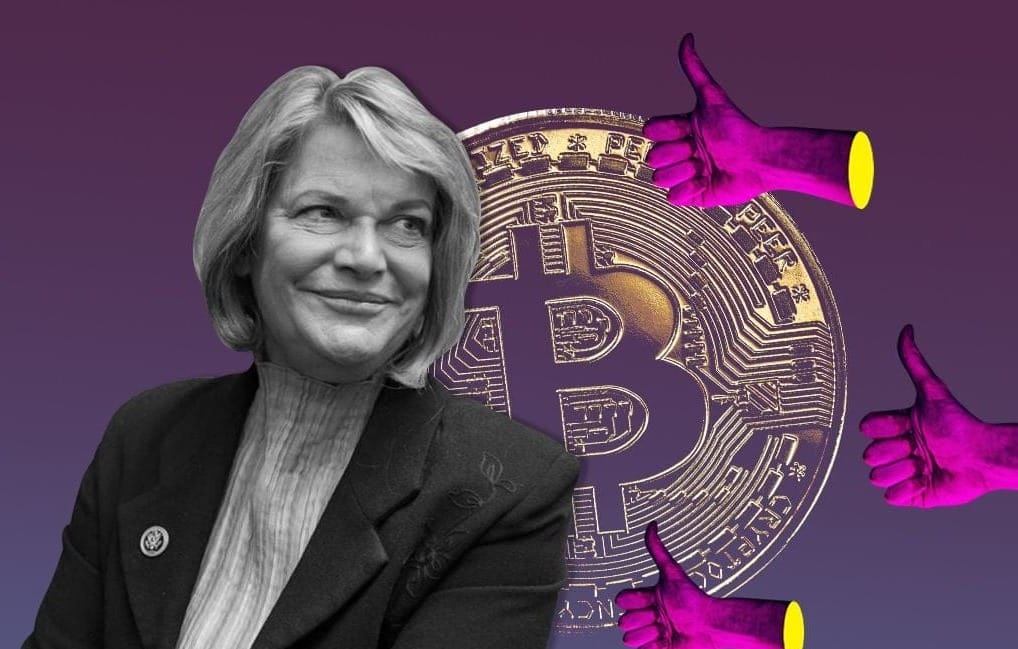U.S. senators are moving to regulate stablecoins as assets while limiting the SEC's oversight powers.

"I am hopeful that legislation outlining the regulation of stablecoin issuers in the United States will pass Congress as early as the first half of this year," pro-cryptocurrency U.S. Senator Cynthia Lummis told CoinDesk recently. "Right now, the Stablecoin Regulatory Act continues to be negotiated on a daily basis by Democrats and Republicans in both the House and Senate. The bipartisan discussions are being conducted with great care and sensitivity. It is likely that the bill will cross the Congressional threshold in the first half of this year, and we recently received supportive technical feedback from the Federal Reserve. There is always light at the end of the tunnel." "Seeing financial giants like Invesco, Fidelity and BlackRock jump into the bitcoin spot ETF market should give consumers confidence that BTC is now an asset class. Digital assets are poised for a golden age, and the process is well underway."
Meanwhile, he's pushing for the repeal of the U.S. Securities and Exchange Commission's Accounting Bulletin No. 121 (SAB 121). SAB 121 requires crypto custodians to record client assets as a liability on their balance sheets, which the industry fears could stifle the crypto custody business. "The SEC created SAB 121 without consultation with regulators, and there was no notice and comment process," said Cynthia Loomis in the resolution to repeal. It is the role of Congress to act as a check on regulatory overreach. The Digital Chamber of Commerce, a US crypto lobby group, also weighed in.
On the other hand, U.S. Senate Banking Committee Chairman Sherrod Brown and Senator Elizabeth Warren, a leading crypto-skeptic in U.S. politics, made another critical remark about crypto money laundering. During a Senate Banking Committee hearing, Elizabeth Warren said, "The Digital Asset Money Laundering Prevention Act will close a gap in current law, making it easier to track suspicious cryptocurrency activity and stop fraudsters in their tracks. Recent studies show that stablecoins now account for the majority of illegal cryptocurrency activity." "As we have heard in other hearings over the past three years, fraudulent activity is as common in crypto as it is in traditional finance. We must continue to work hard to strengthen our systems to prevent fraudulent activity in cryptocurrencies."


